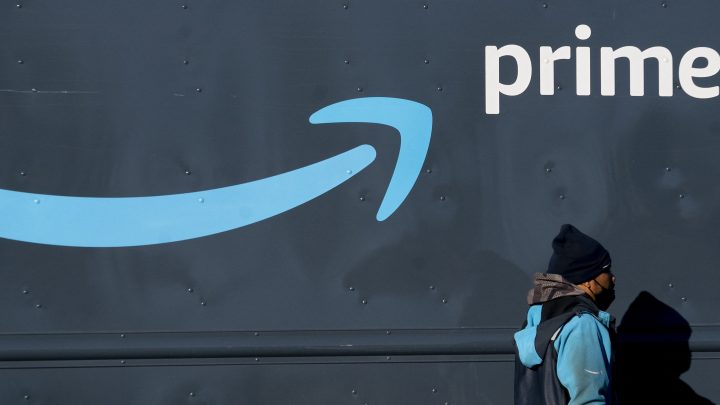
FTC sues Amazon over “manipulative” Amazon Prime enrollment and cancellation tactics
Share Now on:
FTC sues Amazon over “manipulative” Amazon Prime enrollment and cancellation tactics

The Federal Trade Commission sued Amazon on Wednesday for what it called a years-long effort to enroll consumers without consent into its Prime program and making it difficult for them to cancel their subscriptions.
In a complaint filed in the U.S. District Court for the Western District of Washington, the agency accused Amazon of using deceptive designs, known as “dark patterns,” to deceive consumers into enrolling in the program. It said the option to purchase items on Amazon without subscribing to Prime was more difficult in many cases. It also said that consumers were sometimes presented with a button to complete their transactions — and the button didn’t clearly state it was also enrolling them into Prime.
The regulatory agency, which is led by Big Tech critic Chair Lina Khan, also alleged the company’s leadership slowed or rejected changes that made canceling the subscription easier.
It said those patterns were in violation of the FTC Act and another law called the Restore Online Shoppers’ Confidence Act.
Launched in 2005, Prime has more than 200 million members worldwide who pay $139 a year, or $14.99 a month, for faster shipping and other perks, such as free delivery and returns.
In a news release announcing the lawsuit, the FTC said though its complaint is significantly redacted, it contains “a number of allegations” that backs up its accusations against Amazon.
It also accused the company of attempting to hinder the agency’s investigation into Prime, which began in 2021, in several instances.
“Amazon tricked and trapped people into recurring subscriptions without their consent, not only frustrating users but also costing them significant money,” Khan said in a statement. “These manipulative tactics harm consumers and law-abiding businesses alike.”
Amazon did not immediately respond to a request for comment.
Amazon has faced heighted regulatory scrutiny in recent years as it expands its e-commerce dominance and dips its toes into other markets, including groceries and health care.
In 2021, Amazon had asked unsuccessfully that Khan remove herself from separate antitrust investigations into its business, arguing that her public criticism of the company’s market power before she joined the government makes it impossible for her to be impartial. Khan burst onto the antitrust scene in 2017 with her massive scholarly work as a Yale law student, “Amazon’s Antitrust Paradox.”
The lawsuit follows another Amazon-related win by the agency just a few weeks ago. Earlier this month, Amazon agreed to pay a $25 million civil penalty to settle allegations it violated a child privacy law for storing kids’ voice and location data recorded by its popular Alexa voice assistant. It also agreed to pay $5.8 million in customer refunds for alleged privacy violations involving its doorbell camera Ring.
There’s a lot happening in the world. Through it all, Marketplace is here for you.
You rely on Marketplace to break down the world’s events and tell you how it affects you in a fact-based, approachable way. We rely on your financial support to keep making that possible.
Your donation today powers the independent journalism that you rely on. For just $5/month, you can help sustain Marketplace so we can keep reporting on the things that matter to you.












